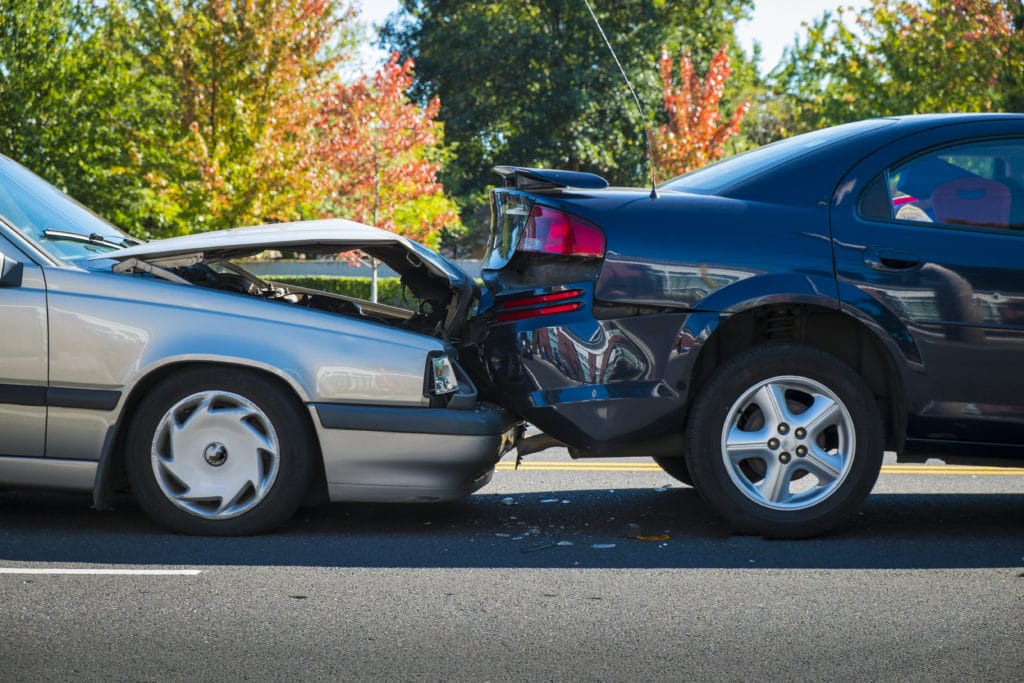In the legal sphere, PIP stands for personal injury protection. Personal injury protection (also called no fault insurance) is a type of insurance coverage that is intended to cover medical expenses of a person who was injured in an automobile accident, whether or not they were at fault. PIP can also cover wages lost after the accident. Personal injury protection is not available in all states, is optional in some of the states that it is available in, and required in others.
What Is The Purpose of Personal Injury Protection?
After an accident, it can be difficult to know what to do next. The purpose of personal injury protection is to make sure that individuals have immediate access to funds after an accident so that any medical emergencies can be paid for right away. It is meant to make the aftereffects of the accident easier to manage. PIP also covers injuries to car passengers and any injuries to cyclists and pedestrians for most states.
What Is The Difference Between Bodily Injury and Personal Injury Protection?
The difference between bodily injury and personal injury protection can be difficult to understand initially, but hopefully this description will help keep them straight. First, what is the difference between the two crimes? Bodily injury refers to the physical injuries that a person sustains when they are caused by someone else. Personal injury is where there was damage caused to a person physically, mentally, or emotionally. Bodily injury protection covers any physical harm that you caused to other people while personal injury protection covers your own medical expenses and loss of income.

Do Both Parties Have to Pay PIP In An Accident?
In the states where PIP is a requirement for owning a car, each driver will have the responsibility of having that coverage for personal injury protection for themselves and each person involved in the accident. However, the at-fault driver must reimburse the other motorist’s insurance after the incident to repay their personal injury protection coverage.
How Much Do I Need To Pay For Personal Injury Protection?
Depending on your state, the minimum cost for personal injury protection coverage will vary. The states where personal injury protection is required are as follows: Delaware, Florida, Hawaii, Kansas, Kentucky, Maryland, Massachusetts, Michigan, Minnesota, New Jersey, New York, North Dakota, Oregon, Pennsylvania, and Utah.
The average PIP claim for most states ranges from around $3,000 to $15,000 but the coverage can be much higher in some states that offer full coverage. Personal injury protection coverage changes greatly from state to state, including who is covered, how much the minimum payments are, and what expenses are included, so ensure that you have the correct information for your state. One way to verify that you have the best information available for your state is to speak with an expert.
Personal Injury Protection in Utah
Here at Accident Experts, we have many law and insurance professionals that are happy to help you with your personal injury questions no matter where you live. However, we are located in Utah and will therefore give a more in-depth explanation of Utah’s personal injury protection laws.
In Utah, personal injury protection is required. The minimum requirement for coverage is $3000 per individual in the vehicle. Personal injury protection covers any pedestrians involved in the accident, you and any passengers in your car. To take legal action against the at-fault driver, your medical bills must exceed $3000 or the accident must have caused death, permanent disability or dismemberment.
Let Us Fight For You
Personal injury protection laws are important to understand because they can affect how your medical bills are paid after an accident as well as whether you can file a lawsuit against an at-fault party. Here at Accident Experts, we specialize in advising individuals on what to do in the aftermath of automobile accidents. We want to help you find your voice, educate you on your rights, and help you figure out what your next steps should be. Set up a free consultation or contact us today to learn more.


Leave a Reply